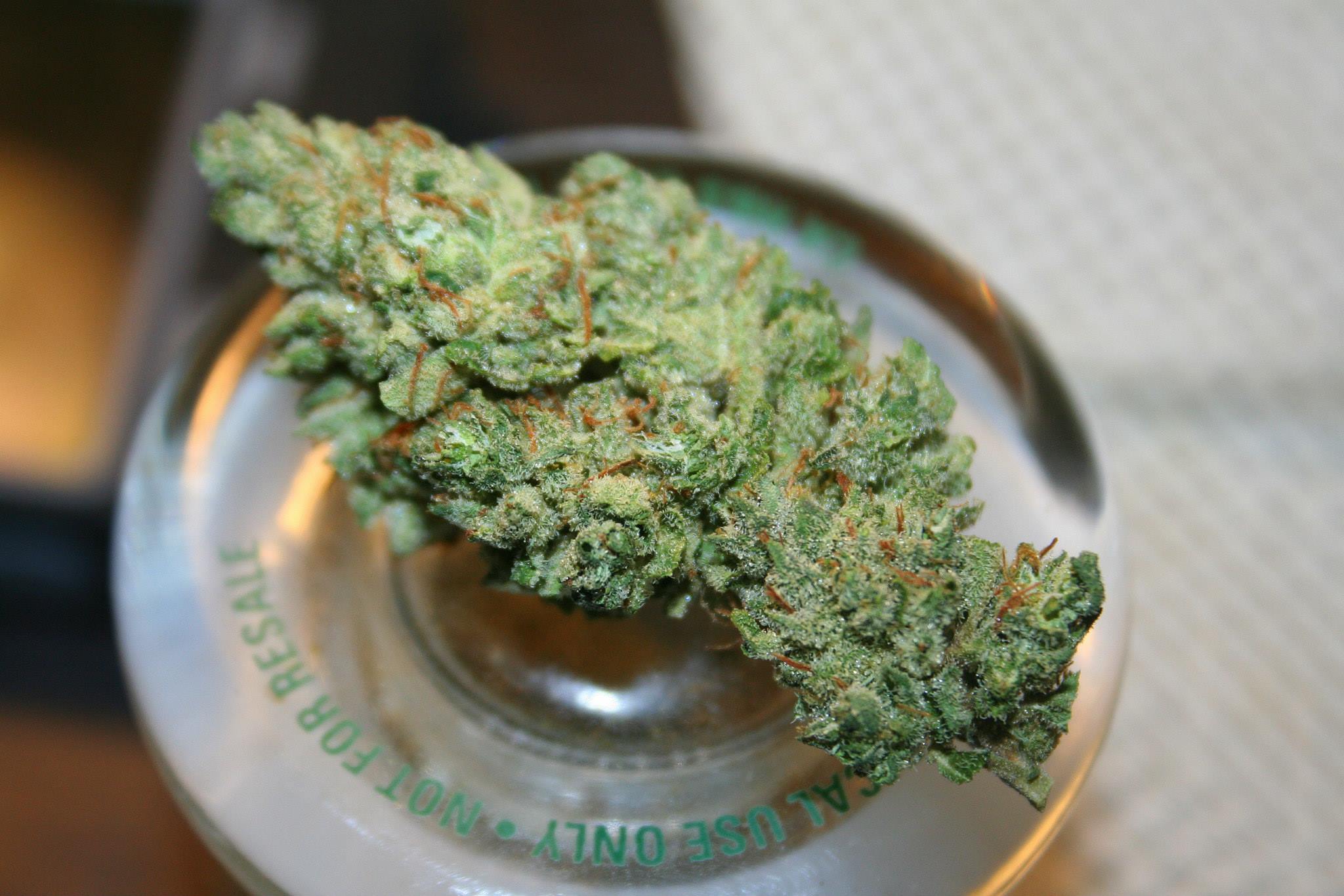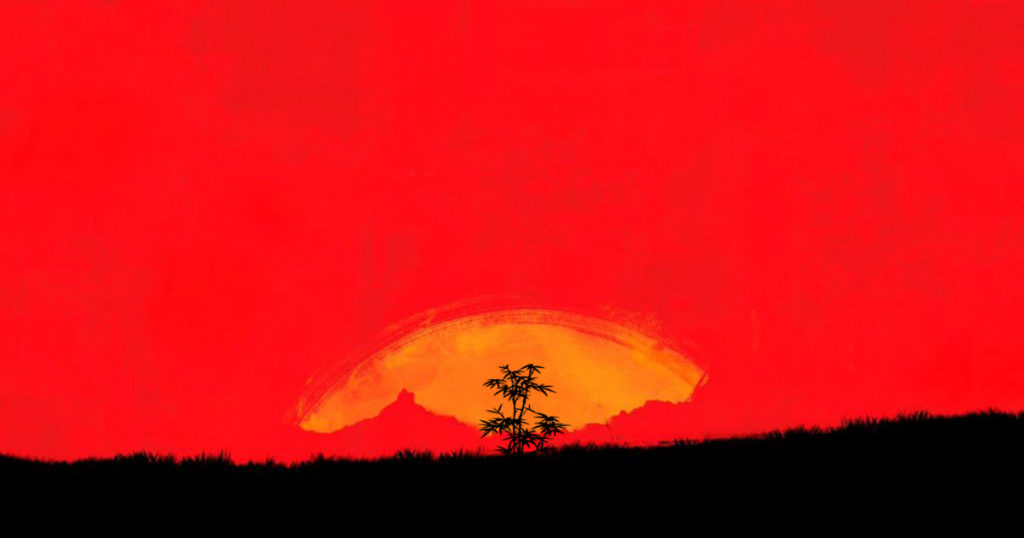
January 9th, 2019 will mark the end of an era in the state of California.
For most of you reading, Prop 215 and SB 420 have been the law of the land for most, if not all, of your adult lives, forming the foundation of the quasi-legal medical marijuana industry that ran – for better or for worse – for over two decades.

Prop 215 passed in 1996 and subsequently legalized the personal use and cultivation of medical marijuana for patients and caregivers. It was not until 2004 that SB 420 was passed in order to form a legal pathway for distribution and sales via non-profit collectives or cooperatives.
The modern day dispensary was born
At its height, California boasted thousands of storefront MMJ dispensaries and delivery services to the point where an average Weedmaps search would only reveal a blanket of icons with the actual city map buried somewhere beneath.
These shops ranged from posh, upscale boutiques to gritty, stripmall hovels but they were ours, and there were times that we flocked from one First Time Patient deal to the next just like everyone else.
More often than not, you’d get your rec from a questionable doctor, and if you visited 5 different dispensaries in a month, you’d probably deal with 5 totally different registration processes. Some would add taxes, some would give gifts. This was the wild, wild west of weed and we were all blazing a new trail.

Well, like any good western, there has to be a villain and a sunset, and on January 9th the sun will set on the traditional cooperative/collective medical marijuana program in California, but the villain is not what many seem to think.
When Californians passed Prop 64 in November of 2016, not only did they legalize the adult recreational use (and production and sale) of cannabis, but they dug the grave for MMJ in the Golden State.
The thing is, MMJ was already dead and laid in the coffin by then but it wasn’t Prop 64 that killed it.
In 2015, Cali lawmakers bundled a trio of new cannabis laws together into the marble-mouthed acronym, MCRSA (Medical Cannabis Regulation & Safety Act).
The intent was to begin to establish a framework of state-level regulation to try to rein in the untamed medical marijuana market, but buried within the legalese was plain and clear language that spelled the doom of the cannabis collective/cooperative as we knew it.
MCRSA dictated that all SB 420-protected stores would be grandfathered in and given one calendar year from the issuance of the first state licenses in order to get their own act together enough to get licensed and legal as well.
When Prop 64 came along just one year later, it left that language intact and extended the timeline for the drop-dead-date while the state re-geared for recreational regulation.

Well, on January 9th of 2018 the California Bureau of Cannabis Control began issuing the first batch of commercial licenses to participate in the newly formed legal cannabis market. . . and the clock started ticking on MMJ.
Since then, some cultivators, caregivers, and collectives have made the enormous effort to get licensed and legal with the state, but many more either do not recognize how dire the situation is about to become, or they just don’t care.
Now those who are not licensed by the BCC by January 9th of 2019 will be either forced to shut down their operation while they continue to strive for licensing, exit the industry altogether, or take their efforts to the black market.
While many old heads have become comfortable with the outlaw life, those who still have aspirations of legality face the very real possibility of being blacklisted by the BCC if they trip up and get popped dealing with unregulated pot.
Even a simple misdemeanor can get you a 3 year bench-ride from the BCC, and some offenses could earn you a lifetime exit from the industry.
A Prop 64 mandated report from the BCC on how to handle non-profit collectives was given a deadline of January 1st. . . but not until the year 2020. This leaves these unlicensed legacy operators in limbo for at least the next year.
So, to be fair, Prop 64 did not cause this particular catastrophe, but it certainly didn’t do anything to prevent it from happening either.
Shits about to get real for a lot of old school Cali cannabusinesses on January 9th and you can thank MCRSA for that.
Keep updated on all the latest news and updates in the Cannabis industry here at Beard Bros Pharms by signing for our Friday Sesh Newsletter here. Always Dank and Never Spam!






















